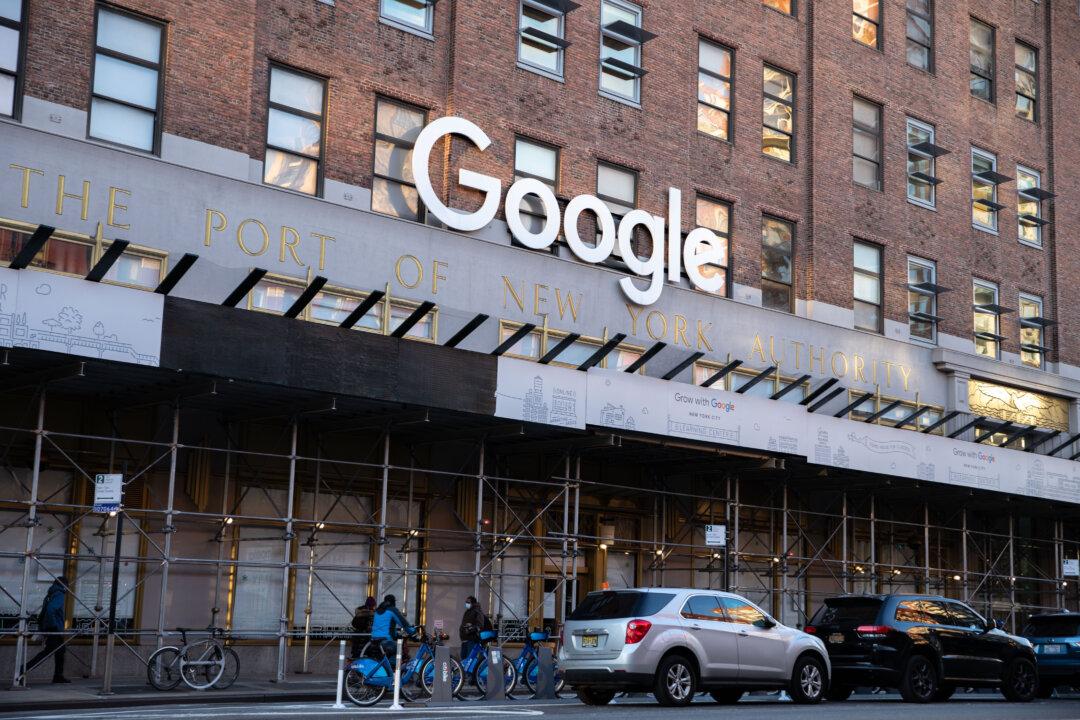Google didn’t infringe Oracle’s copyright when it used that company’s programming code in the Android cellphone operating system, the Supreme Court ruled April 5 in overturning a lower court ruling that favored Oracle.
Android is the most popular cellphone operating system in the world.





